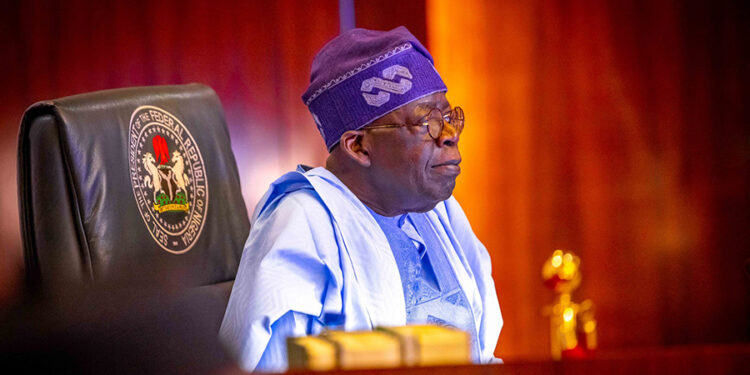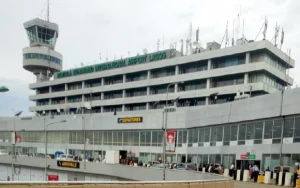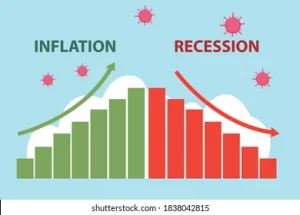
By Kunle Adeyanju,Abuja
Nigeria may forfeit a $10 million credit line from the World Bank due to persistent delays in project execution and unresolved audit issues, raising fresh concerns about governance and accountability in the country’s development financing.
The warning, issued by World Bank officials in recent communications with the Federal Ministry of Finance, centers on ongoing challenges with the implementation of projects under the Nigeria Digital Identification for Development (ID4D) initiative and other co-financed programs. Sources within the Ministry, who requested anonymity, confirmed that stalled audits and bureaucratic bottlenecks are now threatening the release of the remaining tranche of the facility.
According to project documents, the World Bank had earmarked $430 million in total support for Nigeria’s identity and digital infrastructure upgrades. However, failure to meet key milestones, including timely project audits and transparency benchmarks, now puts a portion of the funds in jeopardy.
“The funds are performance-based. Delays in meeting agreed timelines and transparency requirements automatically trigger a review,” a World Bank official familiar with the matter told our correspondent. “If corrective measures are not taken, the $10 million tranche will be reallocated or withdrawn.”
Nigeria’s Auditor-General’s office is said to be behind schedule in clearing previous audit backlogs—an issue compounded by inter-agency coordination problems and a lack of technical capacity in some implementing bodies.
Development experts warn that forfeiting the funds could have long-term implications. “Apart from the immediate financial loss, Nigeria risks damaging its reputation with international donors,” said Dr. Tolu Fagbohun, a public finance analyst. “It’s a signal to investors and development partners that we struggle with execution and transparency.”
Efforts to get official comments from the Ministry of Finance and the Office of the Auditor-General were unsuccessful as of press time.
The potential loss comes at a time when Nigeria is seeking increased multilateral support to close infrastructure gaps and stabilize its economy. Analysts say swift intervention and greater inter-ministerial cooperation are crucial if the country hopes to salvage the funds and restore donor confidence.






